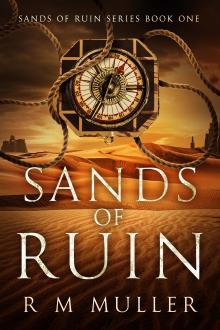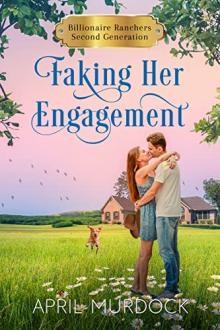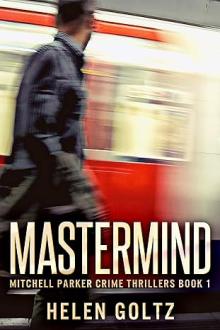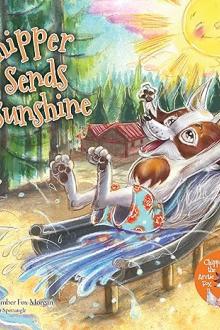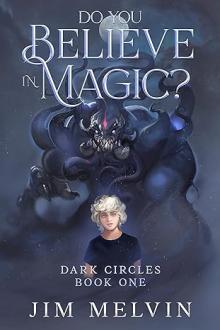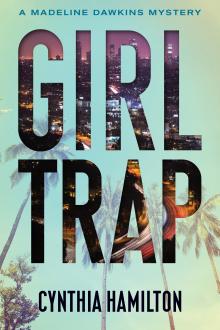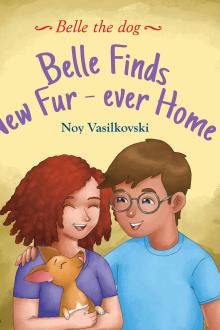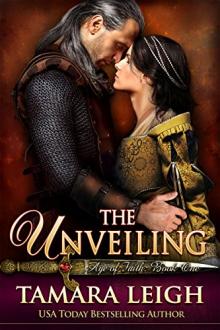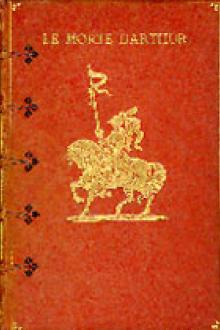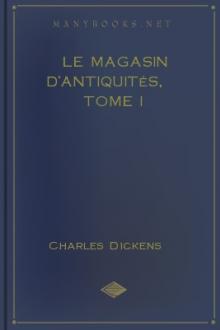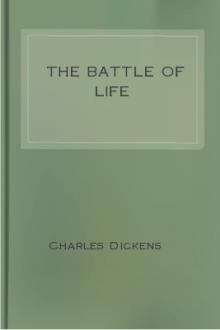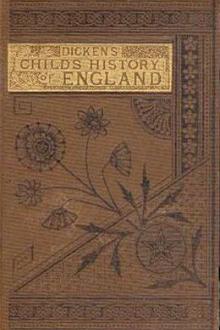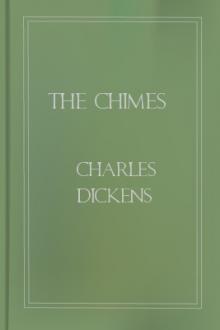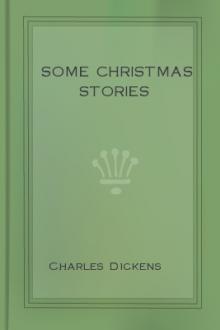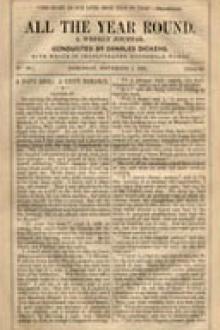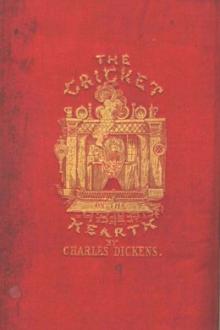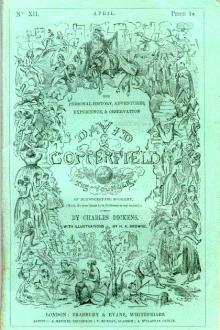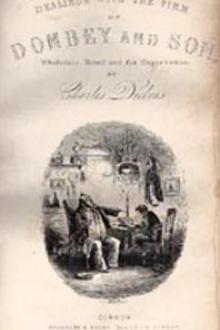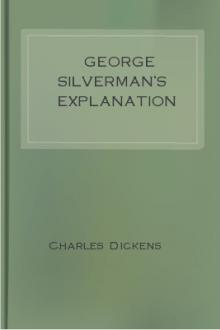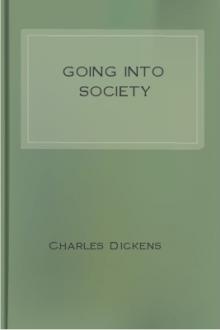Little Dorrit
Little Dorrit
Dickens' classic love story, set in a time of chronic debt and financial collapse.
Book Excerpt
grate, 'she shall feed the birds. This big loaf is for Signor John Baptist. We must break it to get it through into the cage. So, there's a tame bird to kiss the little hand! This sausage in a vine leaf is for Monsieur Rigaud. Again--this veal in savoury jelly is for Monsieur Rigaud. Again--these three white little loaves are for Monsieur Rigaud. Again, this cheese--again, this wine--again, this tobacco--all for Monsieur Rigaud. Lucky bird!'
The child put all these things between the bars into the soft, Smooth, well-shaped hand, with evident dread--more than once drawing back her own and looking at the man with her fair brow roughened into an expression half of fright and half of anger. Whereas she had put the lump of coarse bread into the swart, scaled, knotted hands of John Baptist (who had scarcely as much nail on his eight fingers and two thumbs as would have made out one for Monsieur Rigaud), with ready confidence; and, when he kissed her hand, had herself passed it caressingly over his face. Mons
FREE EBOOKS AND DEALS
(view all)Popular books in Fiction and Literature, Romance
Readers reviews
5.0
LoginSign up
Little Dorrit is an endearing, enduring tale of England in the 19th century. Dickens paints a picture with words tempting the reader to wish he were there to see it in person. With unforgettable characters and witty narrative, I have found myself chuckling on the one hand with his description of the circumlocution office (equivalent to our modern day beauracracy)and disgusted on the other hand with the narcissism
of Little Dorrit's family members. And along the way, I was delighted with the unfolding of an unforgettable love story.
of Little Dorrit's family members. And along the way, I was delighted with the unfolding of an unforgettable love story.
- Upvote (0)
- Downvote (0)
Possibly the kindest and most humane of all writers, Dickens just can't help himself in Little Dorrit. A cynic might say he was so wordy because he was paid by each one. I prefer to think he was just too kind-hearted to do anything but full verbose justice to every sentence. Little Dorrit's twin virtues are art and social commentary. The swindler Merdle gets his come-uppance, but this is no mere morality tale.
Dickens is too big-hearted to be a scold. The common humanity of good and evil characters alike are revealed without the necessity of debasement. Read it for the endlessly artful sentences and the droll insight into the nature of the human beast which make the ambition of most contemporary writers seem trivial in comparison.
See the full review at Endless Emendation and TeleRead.
Dickens is too big-hearted to be a scold. The common humanity of good and evil characters alike are revealed without the necessity of debasement. Read it for the endlessly artful sentences and the droll insight into the nature of the human beast which make the ambition of most contemporary writers seem trivial in comparison.
See the full review at Endless Emendation and TeleRead.
02/23/2009
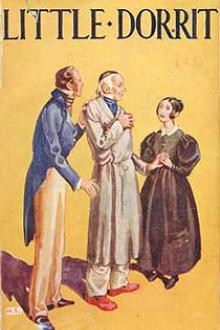
 Free Download
Free Download
